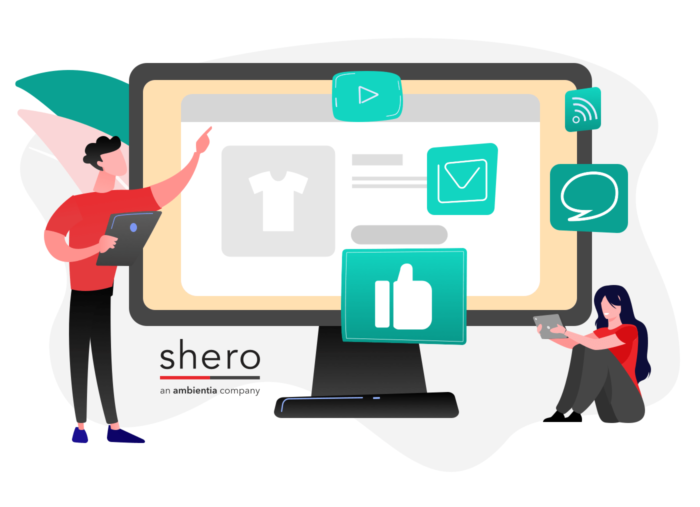
Social login has become increasingly popular, and it’s easy to see why.
Do you want users to be able to login to your eCommerce website with ease so they don’t have to remember their password?
Social login can help with that. Social login provides your customers with the ease of signing in through social media without entering personal information.
Often enough you’ve typed your personal information over and over again – name, birthday, address, email. This is redundant and annoying to most users.
As a matter of fact, 86% of people say they are bothered by the need to create new accounts on websites.
This is especially important to users on their mobile devices since it’s time-consuming to type on a smaller keyboard.
Providing a social login option reduces some of the extra steps that could cause customers to abandon cart — no more filling out forms, plus customers won’t need one more password to remember.
According to Bizreport, 92% of shoppers have abandoned a website rather than recover lost login information.
Since there is a massive amount of active users on the main social media sites like Facebook and Twitter, this is just one reason for using social login on your website.
In this post you will learn the pros and cons of social login vs. the traditional login process, for your eCommerce website.

1) Easy sign in
Are you always looking at registration forms in irritation because you don’t have time to fill it out? Social login makes the process of logging into a website quick and convenient.
Your site users can login to your website using their social credentials of choice and are able to access your website in less time than filling out a registration form.
The details for their social accounts are easy to remember since they are used more on a daily basis and most users are more than happy to use these to sign into a website.
2) Customized online shopping makes a better customer experience
Everyone wants a personalized online shopping experience these days.
They are looking for a website that makes things easier for them. With using social login, customers have an added bonus of personalization.
More customers are likely to buy from a site who uses social login because their shopping experience is customized. Social login allows a site to get information such as age, gender, birthday, and interests. These details are overkill on a registration form, but are useful for promotions, merchandising, and personalization.
The website your customers are visiting can now line up a few product suggestions that are suited to them. Since the products are geared towards the customer specifically, there are higher chances of them buying the product.
3) Increased Average Time on Site analytics
Users will be able to browse your website which is connected to their social network and they will be able to share any product that they think is worth sharing. Since your website is personalized for them, your users will be more engaged and spend more time on your site.
4) Increased customer retention and acquisition
Customers are more willing to come back to your website knowing it was easy to sign in and have a personalized user experience.
Using social information to login provides a sense of comfort knowing they won’t need to remember their password. Customers who sign in via Facebook, for example, will be able to Like, Comment and/or Share content. It reaches their feed, giving your site free publicity in the process.
Having your repeat customers sharing product information on their social media site, will most likely, bring in new customers.
There are also some negative aspects to using social login:
5) Accuracy of Data
Some users will use false information when signing up for a social networking site. They may use a nickname instead of their real name or an email that isn’t real or not in use anymore.
Users can also control their own privacy settings for birth date, gender, etc. and can restrict who accesses that information.
6) Users don’t always want everything connected
Facebook is a great way to stay connected with friends and family, but many users don’t want everything they do online to be shared and connected with Facebook, or any other social site for that matter. Social commerce is growing quickly, but so are concerns over individual privacy.
7) The rest of the customer journey can still be complex
The only thing that is simplified is an username and a password. The customer will still need to input most of the other data, such as billing and payment information.
8) Added confusion
Trying to remember your username and password on an eCommerce site is one thing. Adding in social login options can potentially lead to more confusion.
Instead of asking usesr to remember their login, you’re requiring them to remember which social site they used to log into your site.
If at this point you don’t have social login on your eCommerce store, it’s time to look at available options. Social login is becoming popular and is being adopted by an increasing number of online merchants. Don’t miss out and lose customers who are looking for this convenience.
Contact us here to get started!
Support Operations Manager




